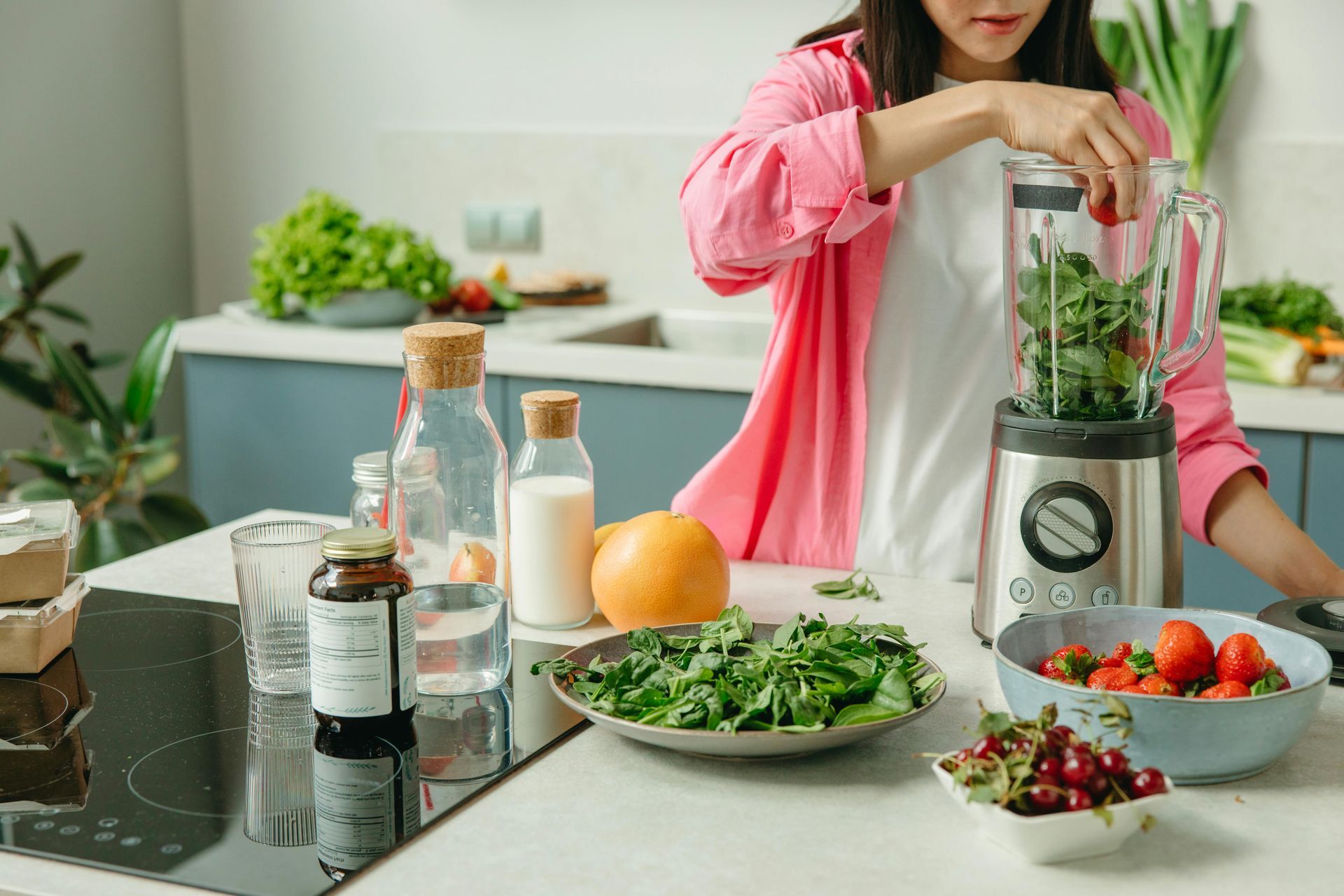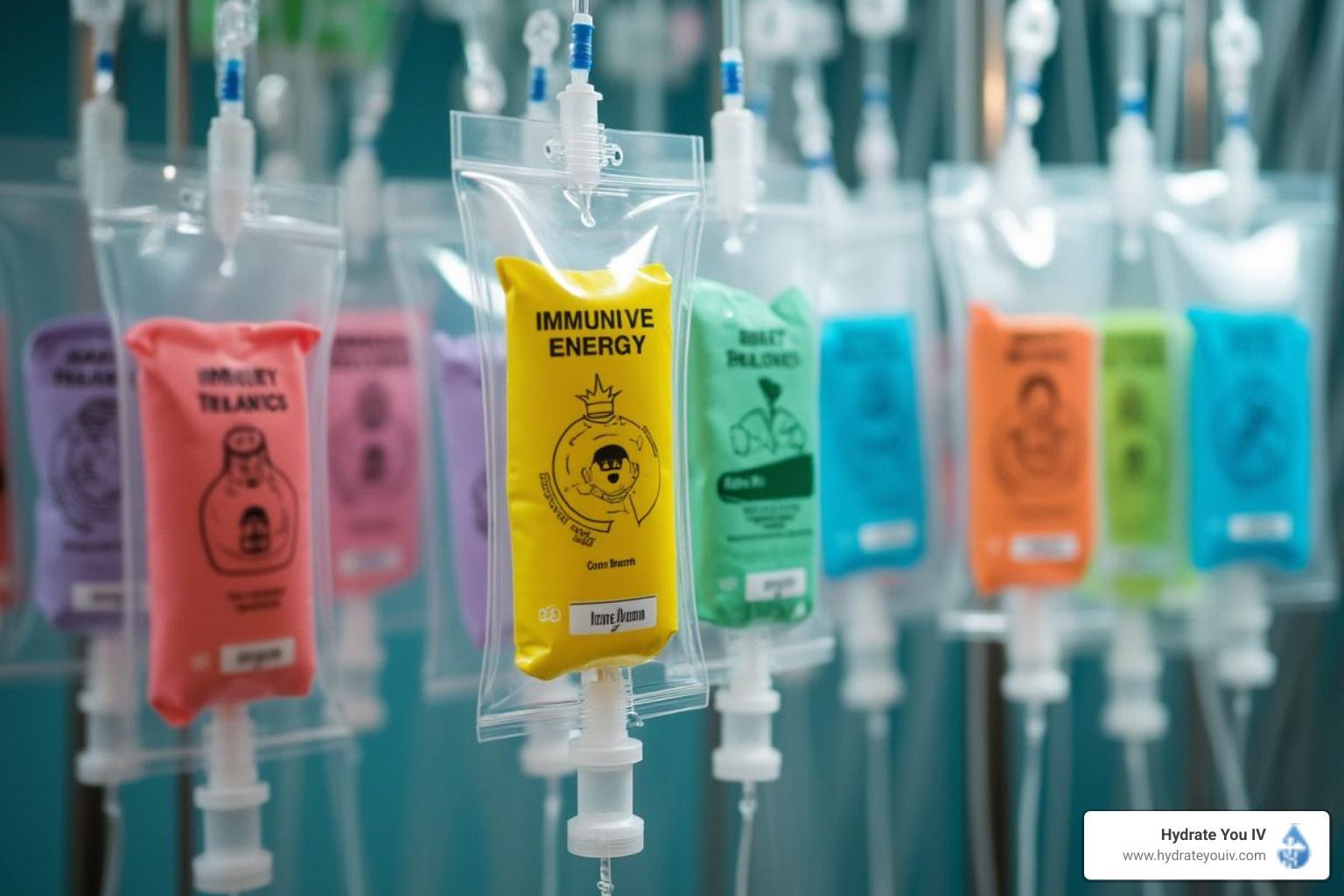What Are Antioxidants? Best Sources and Benefits Explained
What Are Antioxidants? Best Sources and Benefits Explained

Antioxidants are an essential part of our diet and contribute significantly to our overall health. They help combat oxidative stress in the body, which is a primary factor in various diseases. This article delves into the understanding of antioxidants, their role in our body, their best sources, and their multiple benefits.
Understanding Antioxidants
The Science Behind Antioxidants
At a molecular level, antioxidants are compounds that inhibit oxidation, a chemical reaction that can produce free radicals. Free radicals are unstable molecules that can damage cells and lead to chronic diseases. Antioxidants neutralize these free radicals, thereby protecting our cells and tissues from potential harm.
The body naturally produces some antioxidants, known as endogenous antioxidants. However, we also need to obtain others, referred to as exogenous antioxidants, from our diet to maintain optimal health. This balance is crucial, as a deficiency in antioxidants can lead to increased oxidative stress, which has been linked to various health issues, including heart disease, cancer, and neurodegenerative disorders. Understanding how antioxidants function at a cellular level can empower individuals to make informed dietary choices that support overall well-being.
Types of Antioxidants
There are various types of antioxidants, each with specific roles in the body. Some of the most common include:
- Vitamin C: A water-soluble vitamin that plays a critical role in immune function and skin health.
- Vitamin E: A fat-soluble antioxidant that protects cell membranes from oxidative damage.
- Beta-carotene: A precursor to vitamin A found in colorful fruits and vegetables.
- Selenium: A mineral with antioxidant properties that contributes to thyroid health and immune function.
- Flavonoids: Plant-based compounds with strong antioxidant effects, commonly found in fruits, vegetables, and tea.
In addition to these well-known antioxidants, there are many lesser-known compounds that also contribute to our health. For instance, coenzyme Q10 is a powerful antioxidant that helps produce energy in cells and may improve heart health. Another noteworthy compound is resveratrol, found in red wine and certain berries, which has garnered attention for its potential anti-aging properties. The diversity of antioxidants available in nature highlights the importance of a varied diet rich in fruits, vegetables, nuts, and whole grains, as each food source brings a unique blend of these protective compounds to our plates.
The Role of Antioxidants in the Human Body
Antioxidants and Cellular Health
Antioxidants play a pivotal role in cellular health by maintaining the integrity of our cells. They help protect against DNA damage and cellular aging caused by oxidative stress, which can result in a range of health issues, from chronic inflammation to cancer.
By mitigating oxidative stress, antioxidants enable cells to function optimally, promoting better energy levels and overall vitality. This cellular protection is vital for long-term health and longevity.
Antioxidants and Aging
Aging is associated with a natural decline in antioxidant levels in the body. This increase in oxidative stress is a significant contributor to age-related diseases such as Alzheimer’s, cardiovascular diseases, and arthritis. Antioxidants can help slow down the aging process by reducing oxidative damage, thus promoting healthier aging.
Many studies suggest that diets rich in antioxidants may delay the onset of age-related disorders, making them vital in maintaining a youthful body and mind.
Best Sources of Antioxidants
Antioxidants in Fruits and Vegetables
Fruits and vegetables are the richest sources of antioxidants. Varieties like berries, citrus fruits, leafy greens, and cruciferous vegetables are laden with antioxidants that neutralize free radicals effectively.
Examples include:
- Blueberries: High in anthocyanins, which are potent antioxidants.
- Spinach: Loaded with vitamins C and E, along with beta-carotene.
- Broccoli: Contains sulforaphane, a compound with strong antioxidant properties.
Antioxidants in Grains and Nuts
Whole grains and nuts are also excellent sources of antioxidants. For instance, oats contain avenanthramides, and nuts like walnuts and pecans are high in vitamin E.
Incorporating whole grains such as brown rice and quinoa in your meals can provide a healthy dose of antioxidants along with other essential nutrients.
Antioxidants in Beverages
Certain beverages are packed with antioxidants, most notably green tea, herbal teas, and coffee. Green tea contains catechins, known for their ability to improve heart health and enhance weight loss.
Moderate consumption of red wine due to its resveratrol content can also offer antioxidant benefits while celebrating in moderation.
The Benefits of Antioxidants
Antioxidants and Heart Health
Research indicates that antioxidants contribute to better heart health by preventing the oxidation of LDL cholesterol. This plays a crucial role in reducing the risk of heart disease and stroke.
Additionally, antioxidants help improve blood circulation and promote overall cardiovascular health, making them an important part of a heart-healthy diet.
Antioxidants and Skin Health
Antioxidants also play a significant role in skin health by protecting against damage from UV radiation and pollution. Vitamins C and E, along with certain flavonoids, can help improve skin texture and reduce the appearance of wrinkles.
Topical antioxidants are popular in skincare products for their anti-aging properties and can effectively combat the signs of premature skin aging.
Antioxidants and Eye Health
The eyes can also benefit significantly from antioxidants. Nutrients like lutein and zeaxanthin protect against age-related macular degeneration and cataracts. Foods such as kale, corn, and eggs are excellent sources of these critical antioxidants.
Incorporating these foods into your diet can support long-term eye health and maintain clear vision as you age.
How to Incorporate More Antioxidants into Your Diet
Tips for a High-Antioxidant Diet
Boosting your antioxidant intake can be simple. Here are some effective strategies:
- Include a variety of colorful fruits and vegetables in your meals.
- Opt for whole grains over refined grains.
- Choose nuts and seeds as healthy snacks.
- Incorporate green tea into your beverage choices.
- Consider adding spices like turmeric and cinnamon for their antioxidant properties.
Precautions and Considerations
While antioxidants are beneficial, it's essential to achieve balance in your diet. Excessive intake of antioxidant supplements can have adverse effects and may interfere with natural body processes. It's best to focus on getting antioxidants from whole food sources rather than relying solely on supplements.
Consulting with a healthcare provider or a nutritionist can also help tailor your antioxidant intake to meet your individual health needs.
In conclusion, antioxidants are essential compounds that offer numerous health benefits and are abundant in a variety of food sources. By understanding how to incorporate them into your diet, you can promote better health and well-being.











